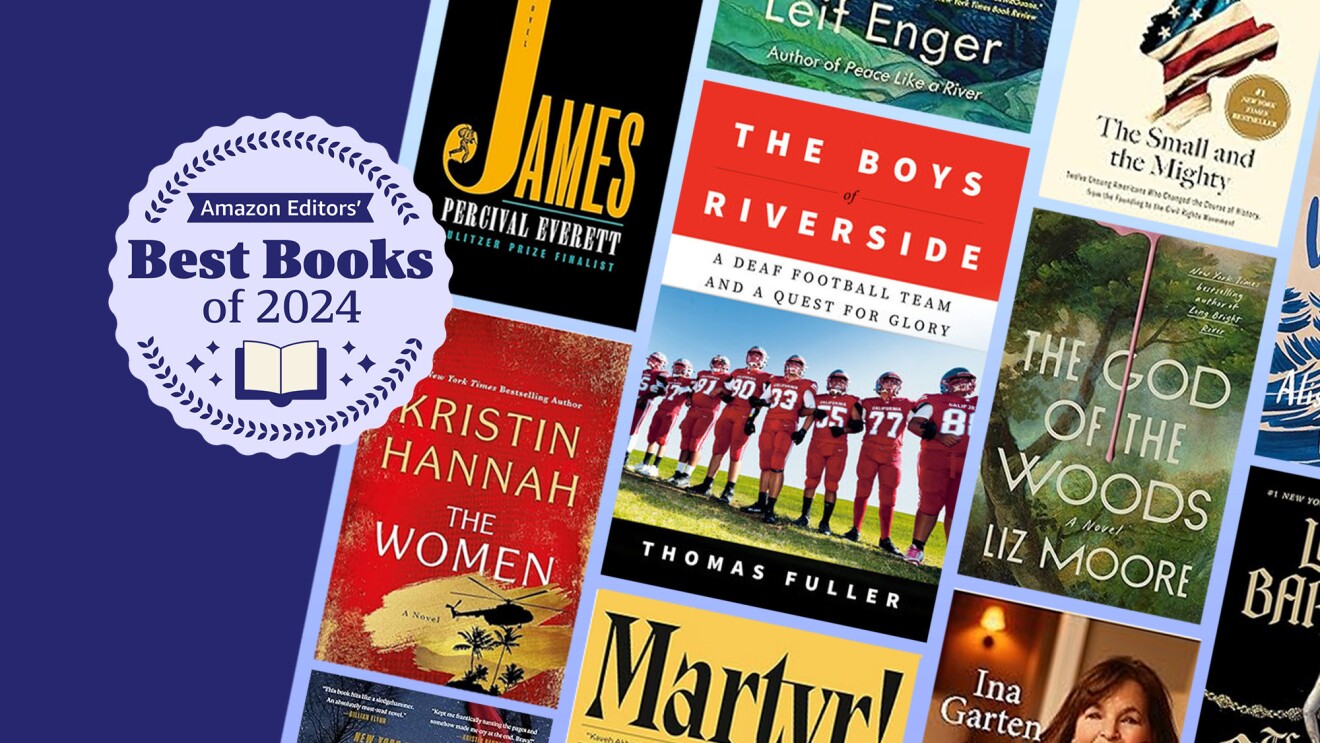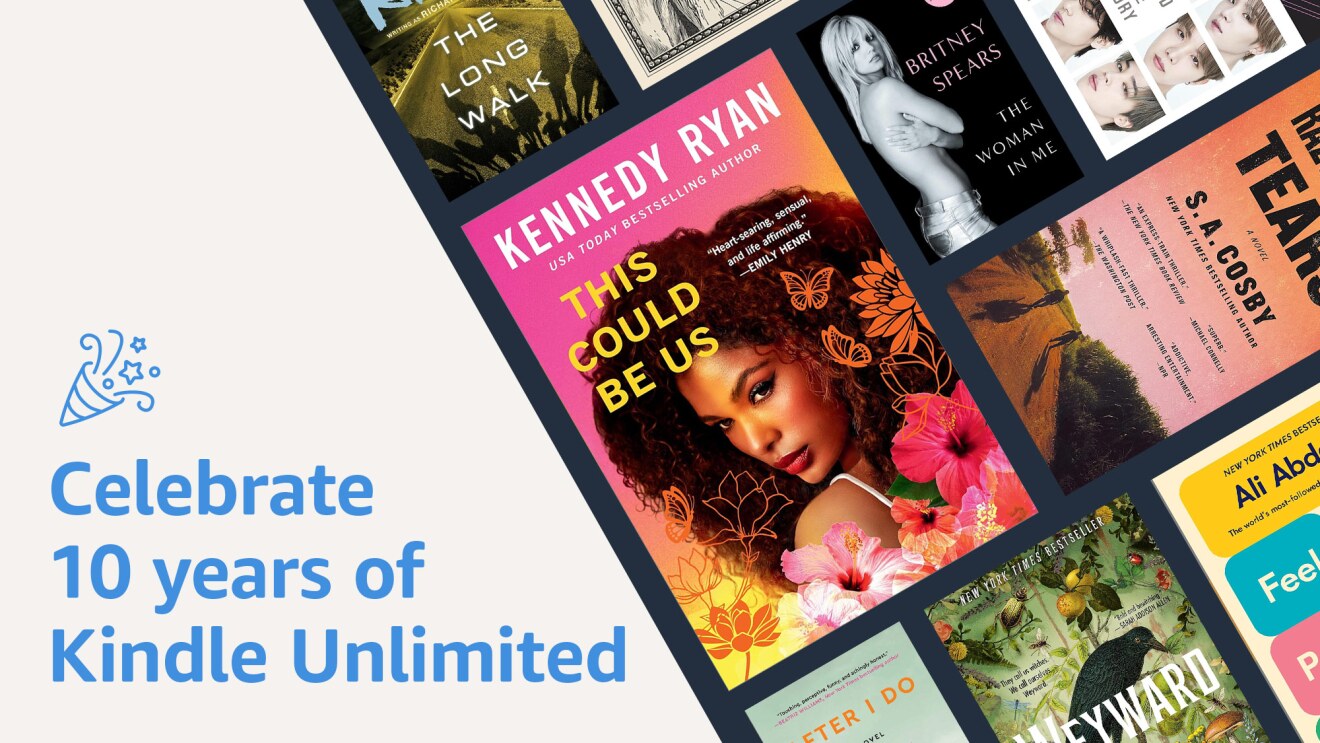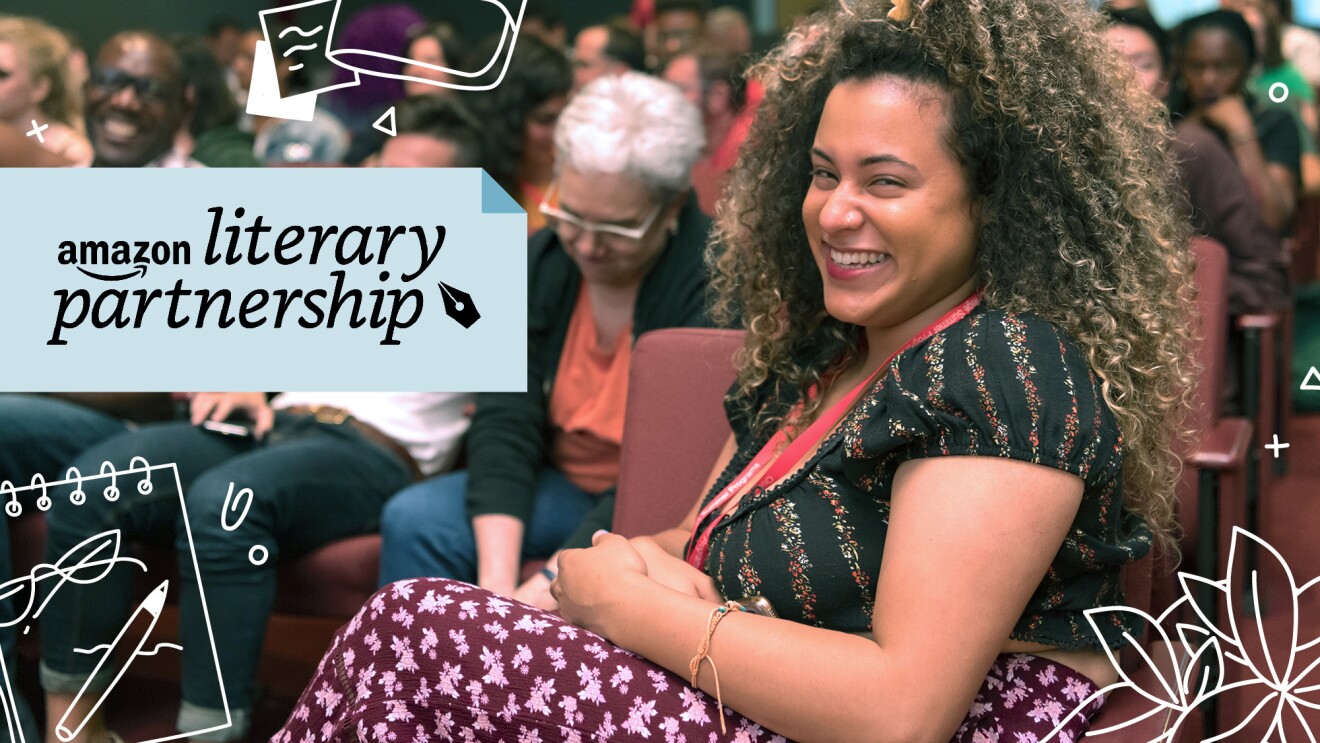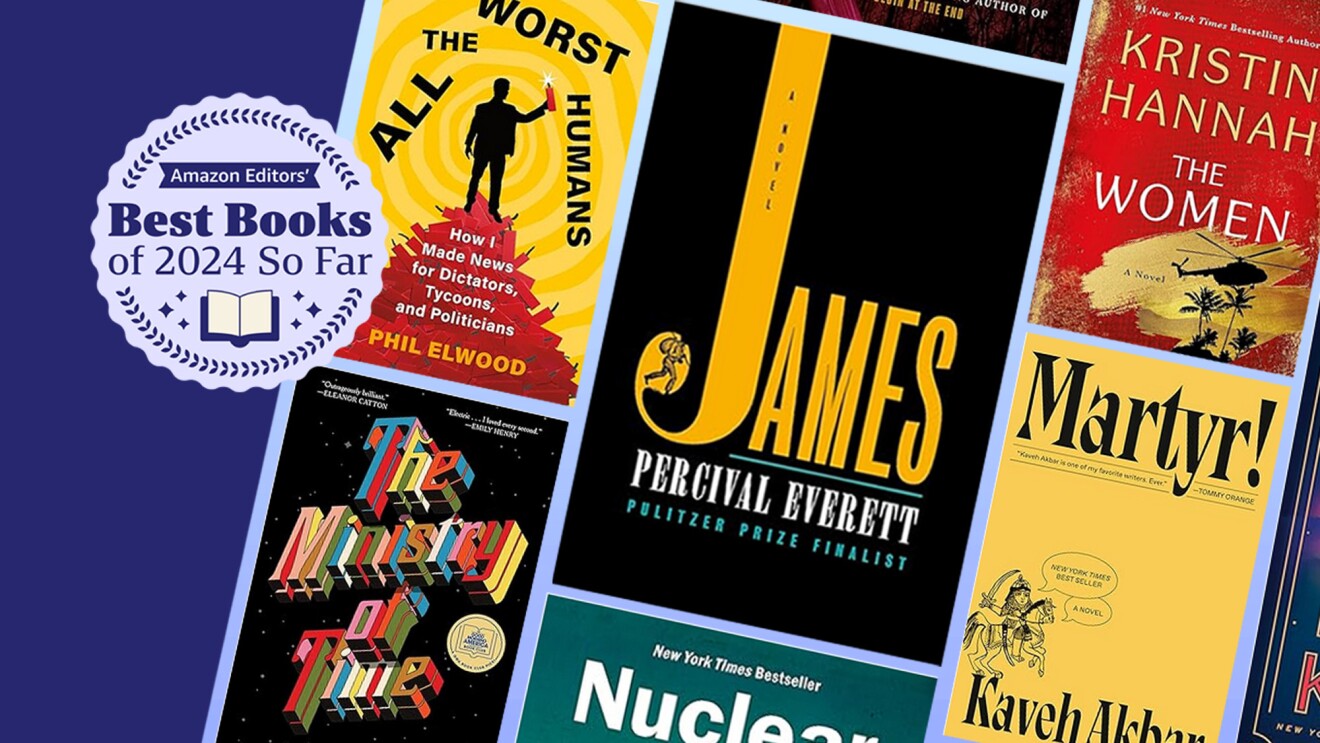How do beliefs inform actions? In Margaret Atwood’s new short story, “My Evil Mother” (free for Prime and Kindle Unlimited members in eBook and audiobook), a woman remembers when her mother issued a prophecy: If she didn’t break up with her high-school boyfriend immediately, the relationship would end in a disastrous fate. Her mother had consulted the tarot, and the Universe didn’t like them together. “I still believed that my mother had some influence over the Universe,” the daughter admits, from the distance of many years.
Struggling for independence from an overbearing and controlling mother is never easy, but it’s especially challenging if you, like the narrator, believe that your mother is a witch with supernatural powers. Though this mother looks like the other mothers in their mid-1950s Toronto suburb—crisp shirtdress, flowered apron, single-strand pearls—she doesn’t act like the other mothers. For one thing, she runs the household on her own, with no father in sight. And then there’s her convincing insistence that she has privileged access to the shape of the future.
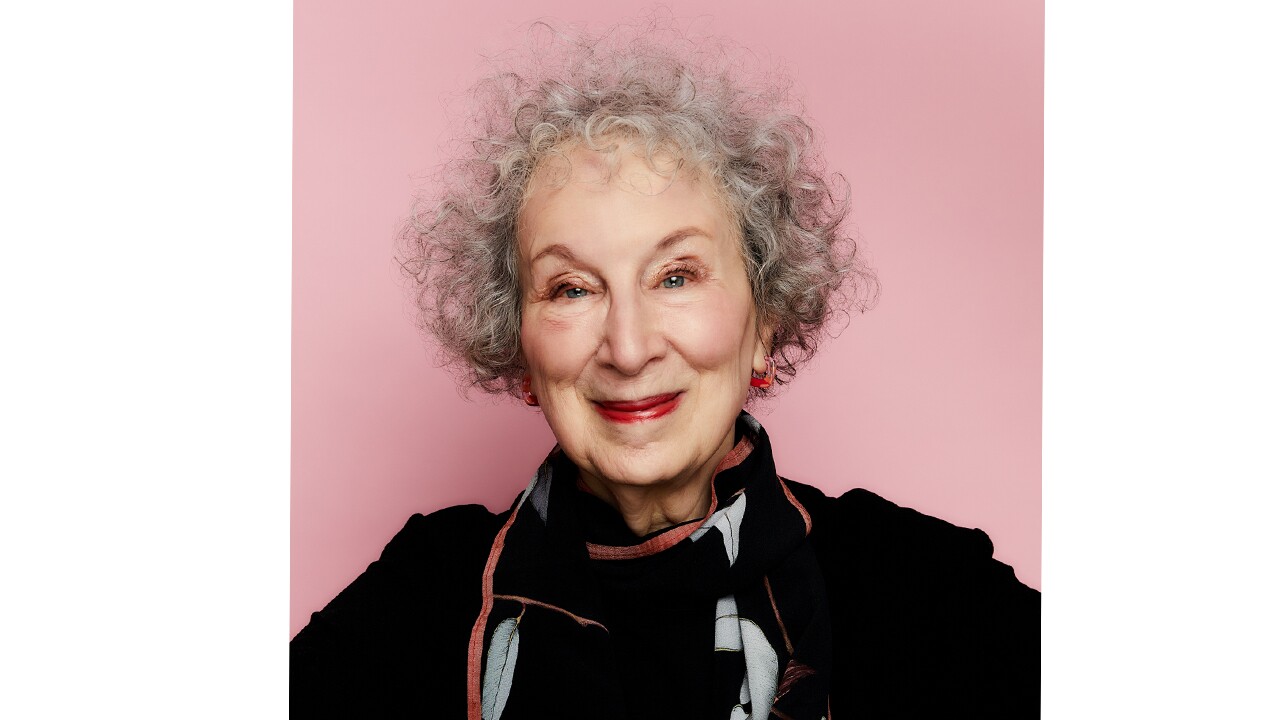
The story comes from Margaret Atwood, who in her more than five-decade writing career has herself been suspected of oracular talents. The prolific and award-winning author, whose novels include The Handmaid’s Tale, has been hailed as a seer for her uncanny habit of plausibly predicting which way the wind is going to blow.
On the morning before this year’s spring equinox, we drank coffee and nibbled pastries in her large, sunny kitchen in Toronto, and discussed “My Evil Mother.” Like the daughter in the story, I was raised by a single mom who read tarot cards, and so I brought my deck to give Atwood a reading.
There are an infinite number of possible futures, and which one you get is going to depend on what you do now
Margaret Atwood, award-winning writer and author of "My Evil Mother"
Before I pulled any cards, however, she’d read my palms with great accuracy. (“Be careful with who you allow in the door.”) At one point she disappeared briefly and came back with taped-together mass-market copies of Joseph F. Goodavage’s Write Your Own Horoscope and Maria Elise Crummere’s Sun-Sign Revelations, both of which she’d used for hand-casting her friends’ horoscopes before the internet, calling the practice “vintage woo!” We spent a lot of time laughing as we talked about intuition, the enduring allure of esoteric systems, the power of ambiguity in stories and in prophecy, and the timeless need to read the signs.
Below are highlights from our conversation, including insights into her new work and what the cards say about her future:
“My Evil Mother” is, among other things, an intergenerational tale featuring mothers who find creative ways to protect their daughters. What’s your take on the idea of “mother’s intuition?"
What is mother’s intuition, anyway? If you’ve grown through 500,000 years of evolution in which it’s important for you to pay attention to the moods of those around you, because your own well-being depends on it—the needs of those more powerful than you in the group, and the moods and reactions of those dependent on you, such as children—that’s not some kind of secret power, it’s heightened power of observation.
Do you think all women have this heightened power of observation?
Well, what century are we living in? Is this supposed to be some sort of universal, das Ewig-Weibliche kind of 19th-century “eternal woman” thing?
Wait, what was that you said after "universal?"
It’s German, it’s from Goethe —“the eternal feminine.” There was a period of myth-making about women in the 19th century in which they were credited with all kinds of arcane powers, special “women’s intuition.” Because they’re so good at taking care of people, that’s all they should do. They should stay in the home and take care of them. I used to collect this stuff, I have a book called The True Glory of Woman—and that would include dealing with the bedpans. Because we’re so good at it.
So this thing we call intuition—some men appear to be quite intuitive, and other men appear not to be. So, let us say it is an individual thing. We happen to notice people who have this hyper-noticing ability in connection to children when we see it in action, but it certainly doesn’t mean every woman has it, and it doesn’t mean that every man is without it. Caregivers of any kind have to read the signs, and the signs are physical. It’s not something in the air. You’re noticing people’s behavior and their facial expressions.
In the spirit of reading signs, what is it about astrological systems—tarot, palm reading, astrology—that interests you the most?
I’m curious about these things in the way that I’m curious about just about everything.
TikTok currently has over 30 billion views on the #astrology tag and roughly 20 billion views on the #tarot tag. What do you make of this surge in popularity?
Because everybody is interested in themselves. What’s your next question? [She laughs.] We love being told things about ourselves that we don’t know.
As long as they’re flattering.
As long as they’re flattering.
You’ve written about the fact that you learned to read tarot cards in the late 1960s, while studying T.S. Eliot’s poem, “The Waste Land.” Tarot was experiencing an uptick then, too. Do you see a pattern to these cycles of interest?
The old ways of knowing about oneself are going out of fashion. [In the late 1960s] it was no longer so chic to have a Freudian analyst, or even a Jungian one. The more chaotic things appear out there, the more people are in search of some form of structure, a way of making sense. It’s certainly a period of chaos—old values being challenged, stuff falling apart, political systems that worked for a long time being called into question, and major power struggles going on all around us, of many different kinds.
One possible read of why the mother in your story reaches for supernatural strategies is that they provide a way to exercise power and agency in an environment in which these might otherwise not be available to her as a single mother in the 1950s.
I think that’s why a lot of people do this stuff. I think they are in search of protection and agency.
In the story, the mother says, “They may not like me, but they respect me. Respect is better than like.” The daughter doesn’t agree at all. What are your thoughts?
It’s nice if you can be likable, but sometimes you just can’t be. If everybody likes you, there’s something wrong. You don’t want a lot of schmucks liking you. Sam, my next-door neighbor, a gruff lawyer, came out one autumn as I was sweeping up my leaves, and he says, “Margaret, you shouldn’t let people see you do that,” and I said, “Sam, what are you talking about?” And he said, “It’s the broom. Don’t you know they call you the Wicked Witch of the Annex?” I said, “Sam, people respect fear. It’s better to be feared than liked.” And he said, “Margaret, you’re right.”
Oracles in the ancient world were always ambiguous. They didn’t say, this will inevitably happen. They were like warnings—if this, then that. People ask, “Are you prophetic?” and I say absolutely not. There isn’t one The Future. There are an infinite number of possible futures, and which one you get is going to depend on what you do now. But of course, the other bad thing about that is that you can’t infallibly predetermine the results of your own actions.
The “evil” mother in your story relies on tarot (and even pulls three cards about her daughter’s “surly faced” boyfriend that she claims add up to a tragic fate). So in the spirit of the story, I’ll pull three cards for you.
The first is Ten of Pentacles; the energy of this card is looking backward and forward at the same time. The second is Ace of Wands, with Aces being gifts and tools, and Wands being about life force and the will. You have a strong will! But we knew that. The last card is Six of Cups. Are you writing about the past?
I have been. How did you know that?
Six of Cups is usually about memory and childhood, and can also be the sweetness of early connections. When it’s negatively aspected, it can refer to being stuck in the past. But beside Ten of Pentacles and Ace of Wands, I would read it as speaking to your creative work.
I’m about to start a memoir.
That’s exciting. I don’t think you’ve written a memoir before, have you?
Bits and pieces here and there, but no, not a whole book.
It looks good, the cards are all very positive.
We’ll see how it turns out.
“My Evil Mother” by Margaret Atwood from Amazon Original Stories is available now. Like all Amazon Original Stories titles, the story is free to Prime members and Kindle Unlimited subscribers, and $1.99 for non-members. That includes the audio version, too.
Damian Rogers is the author of the memoir An Alphabet for Joanna: A Portrait of My Mother in 26 Fragments (KnopfCanada). She is currently writing her way through the tarot deck on Substack at “If It’s Alive, Feed It.”
Trending news and stories
- How Amazon proved its new delivery drone is safe for takeoff
- Amazon’s AI-powered ‘Interests’ feature automatically finds new products that match your passions and hobbies
- Amazon makes it easier for developers and tech enthusiasts to explore Amazon Nova, its advanced Gen AI models
- What’s new on Prime Video in April, including ‘The Bondsman,’ ‘G20,’ and more




